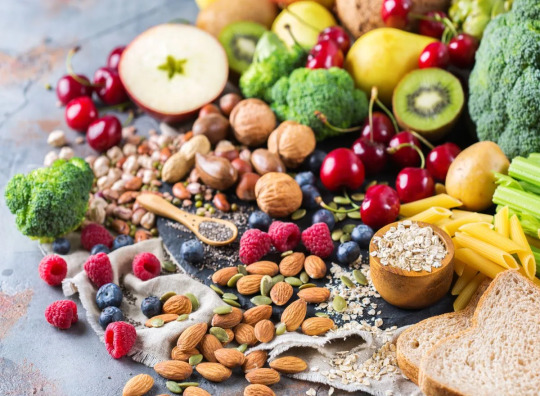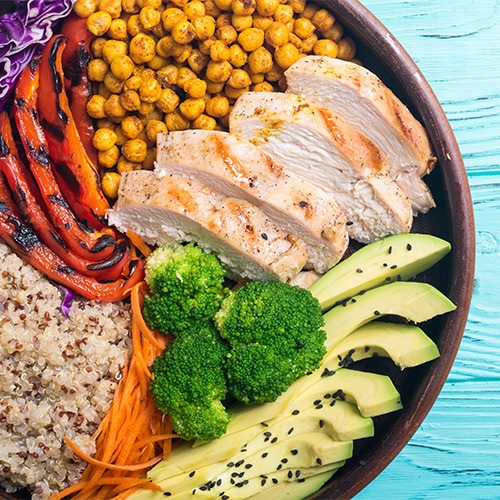
Losing weight can indeed be challenging for individuals with chronic kidney disease (CKD) due to various factors associated with the condition. CKD affects the functioning of the kidneys, which can lead to fluid retention, electrolyte imbalances, and changes in metabolism. These factors can make weight loss more difficult and sometimes frustrating. Here are some reasons why weight loss may feel like a mission impossible with CKD:
1. Fluid retention: CKD often leads to fluid retention in the body, causing swelling (edema) and weight gain. The excess fluid can mask actual fat loss, making it challenging to see progress on the scale.

2. Dietary restrictions: Individuals with CKD typically have specific dietary restrictions, such as limiting protein, phosphorus, and potassium intake. These restrictions can make it more challenging to follow a balanced and calorie-controlled diet, which is important for weight loss.
3. Medications: Some medications commonly prescribed to individuals with CKD can affect weight. For example, certain blood pressure medications may cause weight gain or make weight loss more difficult.

4. Metabolic changes: CKD can alter the body's metabolism, leading to a slower metabolic rate. A slower metabolism means that the body burns fewer calories at rest, making weight loss more challenging.
5. Muscle loss: CKD can contribute to muscle wasting (sarcopenia) due to the breakdown of protein in the body. Since muscles are metabolically active tissues, having less muscle mass can further decrease the metabolic rate and make weight loss more difficult.

Despite these challenges, it's important to remember that weight loss is possible with CKD. However, it may require some additional considerations and strategies. Here are a few tips that may help:
1. Work with a healthcare team: Consult with your healthcare provider, including a registered dietitian experienced in working with CKD patients. They can help create a personalized meal plan that accommodates your dietary restrictions while promoting weight loss.

2. Focus on portion control: While specific dietary restrictions exist, portion control can still play a significant role in weight management. Be mindful of portion sizes and aim for balanced meals that include a variety of vegetables, lean proteins, and whole grains.
3. Incorporate physical activity: Engage in regular physical activity within the limits of your condition. Consult with your healthcare team to determine the appropriate exercises for you. Physical activity can help improve metabolism, preserve muscle mass, and contribute to overall weight loss.

4. Monitor fluid intake: Maintain a fluid balance appropriate for your condition, as excess fluid retention can affect weight. Work with your healthcare provider to determine the ideal fluid intake based on your individual needs.
5. Be patient and consistent: Weight loss with CKD may be slower compared to individuals without kidney disease. Be patient, stay consistent with your efforts, and focus on overall health improvements rather than solely on the number on the scale.
Remember, it's crucial to consult with your healthcare provider or a registered dietitian who specializes in CKD to develop a personalized plan that suits your specific needs and medical condition. They can provide the most accurate guidance based on your individual circumstances.
